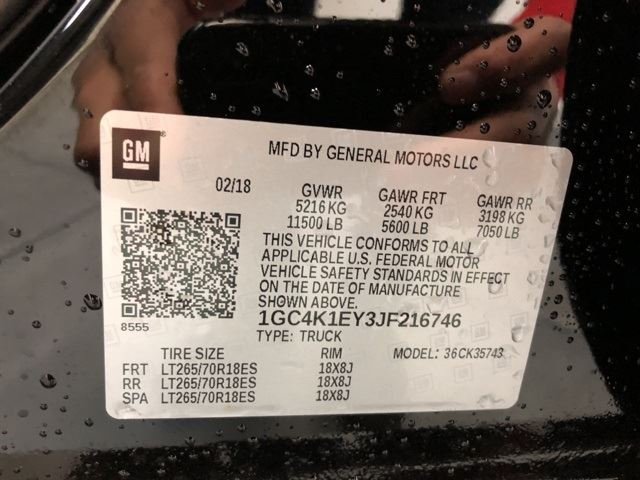ShinerBock wrote:
Well I guess that everyone checked out of the thread where I posted this because no one seemed to answer it and the thread died shortly there after(unless no one had an answer). So here is to hoping that a new thread will get new looks and maybe an explanation.
Can someone explain this? This F350 has a lower front GAWR, lower rear GAWR, and lower combined GAWR yet has a higher GVWR than my 2500. Kind of goes along with what I have been saying about some(not all) class 2B(250/2500) diesel trucks are de-rated due EPA and federal max GVWR numbers of their class rather than their actual carrying ability, but I would love to hear anyone else's explanation or guess.
2017 F350
Front GAWR: 5,600
Rear GAWR: 6,340
Combined GAWR: 11,940
GVWR: 11,500

My 2014 Ram 2500
Front GAWR: 6,000
Rear GAWR: 6,500
Combined GAWR: 12,500
GVWR: 10,000

I can see how this GM 3500 got its 11,500 GVWR rating even though it has a lower front GAWR then mine. The Ram 3500 SRW has just about the same rating, but with a 6,000 front GAWR and a 7,000 rear GAWR.
2018 GM 3500
Front GAWR: 5,600
Rear GAWR: 7,050
Combined GAWR: 12,650
GVWR: 11,500

I'm going to throw you a curve ball...
F350 SRW
Rear GAWR: 7,230


BTW... It's hard to believe you were looking at a new truck recently that has a build date of 7/16.




